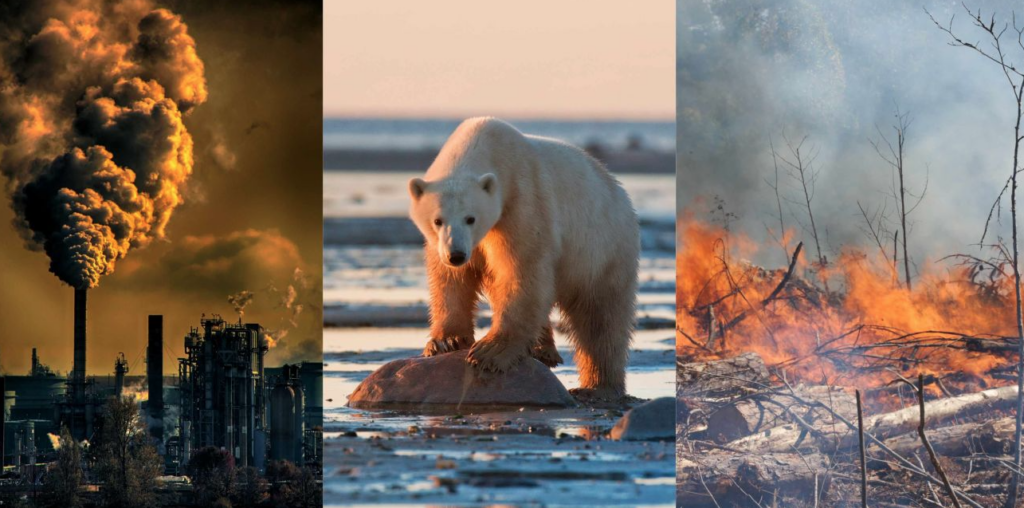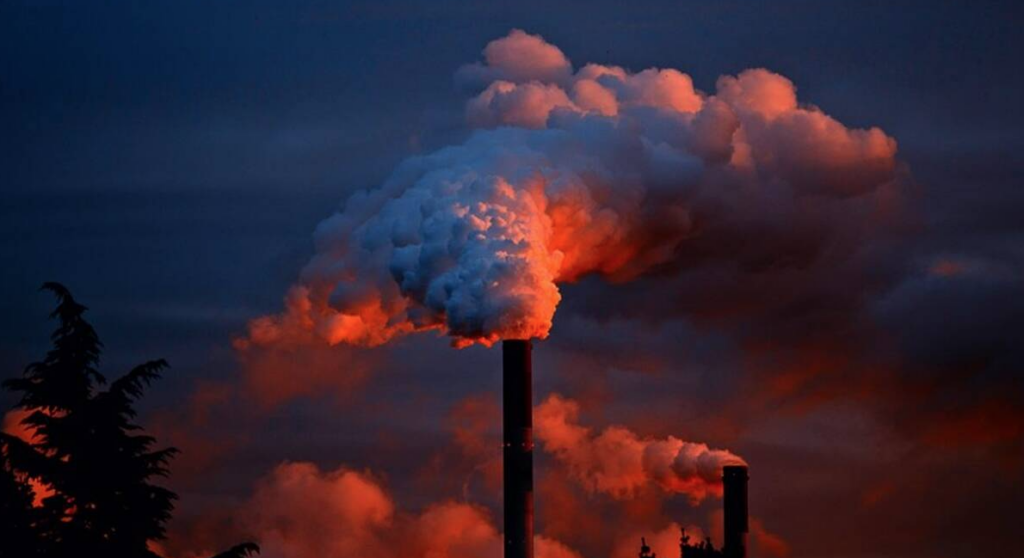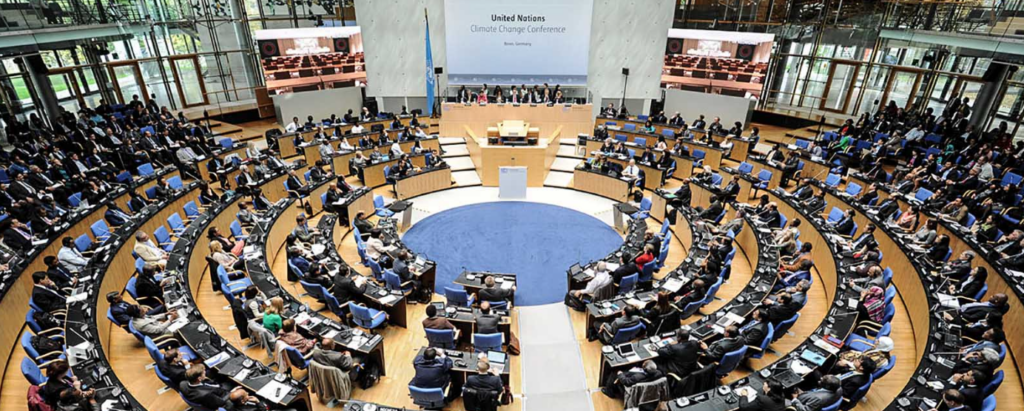
As we step into 2023, the reality of our changing climate looms larger than ever before. Natural disasters, rising temperatures, and the loss of countless animal species are just a few of the indicators that the threat to our environment is now at a “danger” level. But it’s not just about the tangible effects we can see, it’s about the impact it’s having on our daily lives and the future of our planet.

Take for example, the unexpected greening of the Saudi Arabian desert. In early 2023, news broke that the desert had turned lush and verdant due to months of heavy rainfall. This kind of weather pattern is completely unprecedented and violates the natural laws of the region. But it’s not just the desert that’s feeling the heat, Europe too is experiencing record-breaking temperatures, with parts of the continent seeing temperatures soar above 40 degrees Celsius.

These rising temperatures are a result of a complex web of factors, with severe forest fires and human activity playing a major role. Scientists predict that if left unchecked, these temperatures will have a negative impact on both humans and nature, leading to more frequent droughts and diseases caused by the warm weather.

The British Meteorological Office predicts that 2023 will be one of the warmest years on record, with temperatures forecast to rise for the 10th consecutive year. In fact, global temperatures have already risen by at least one degree Celsius above the average, and they’re only expected to continue climbing.

But what can we do to slow down this alarming trend? The COP (Conference of the Parties) was created to help countries come together and reduce their emissions in order to keep temperature rises below 1.5 degrees Celsius. But as we’ve seen, these efforts have not been enough. Many experts question the effectiveness of the COP, pointing out that the UN, which oversees the COP, was originally designed for peace negotiations between countries and is not the appropriate platform for tackling climate change. Additionally, the COP operates on a voluntary system, with no real enforcement mechanisms in place.

As we move forward, it’s crucial that we take a hard look at the COP and the actions being taken to combat climate change. We need to question the effectiveness of current strategies and explore new, innovative solutions to address this pressing issue. The future of our planet depends on it.
